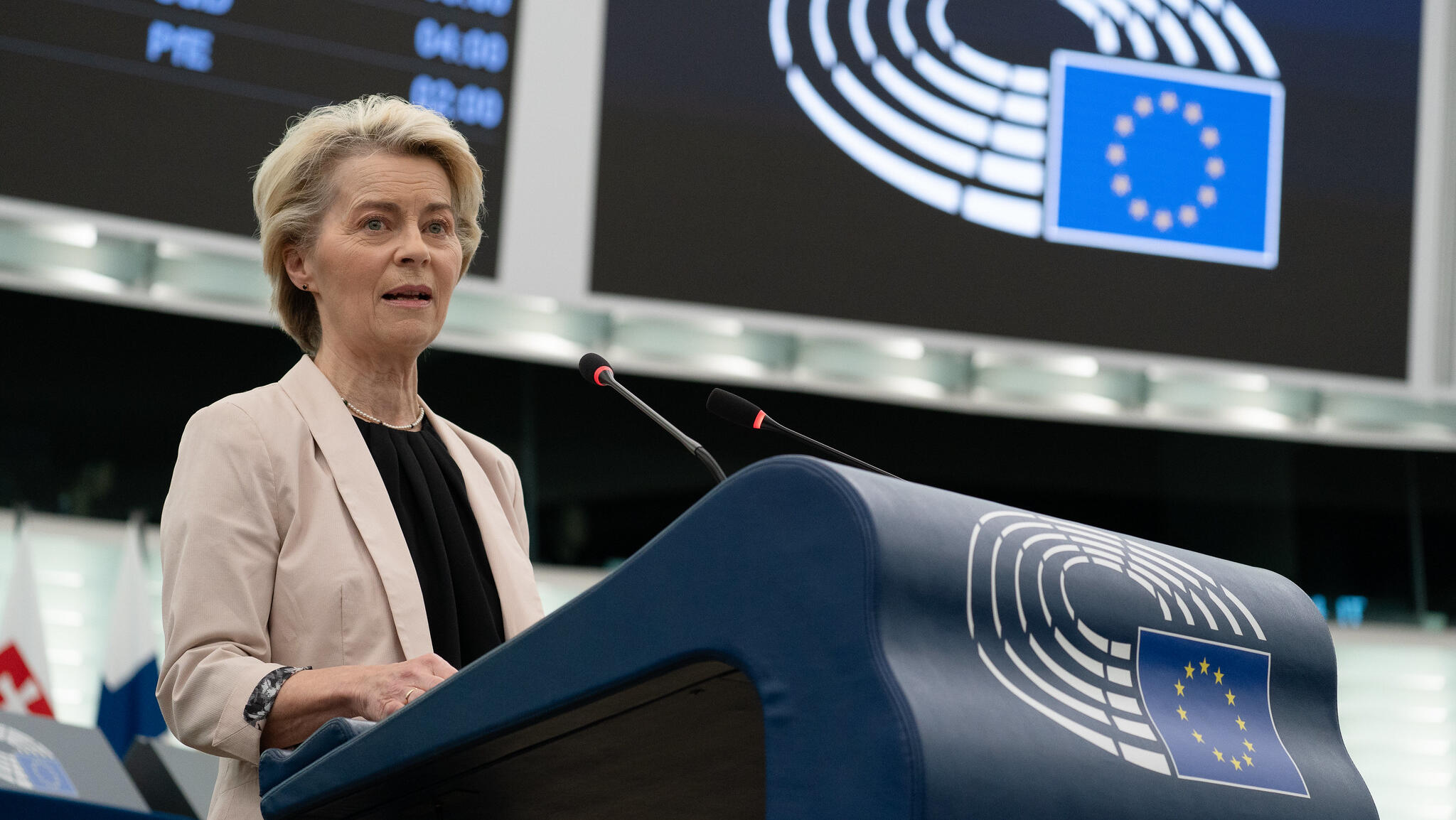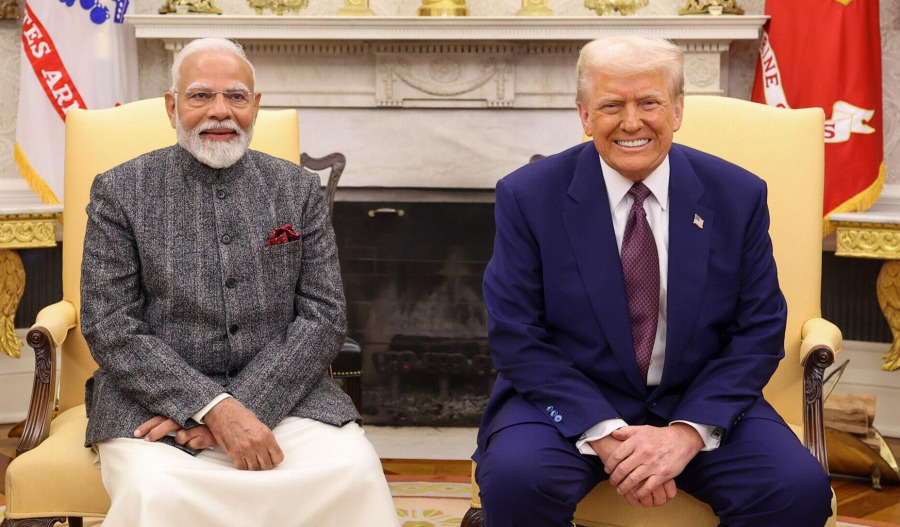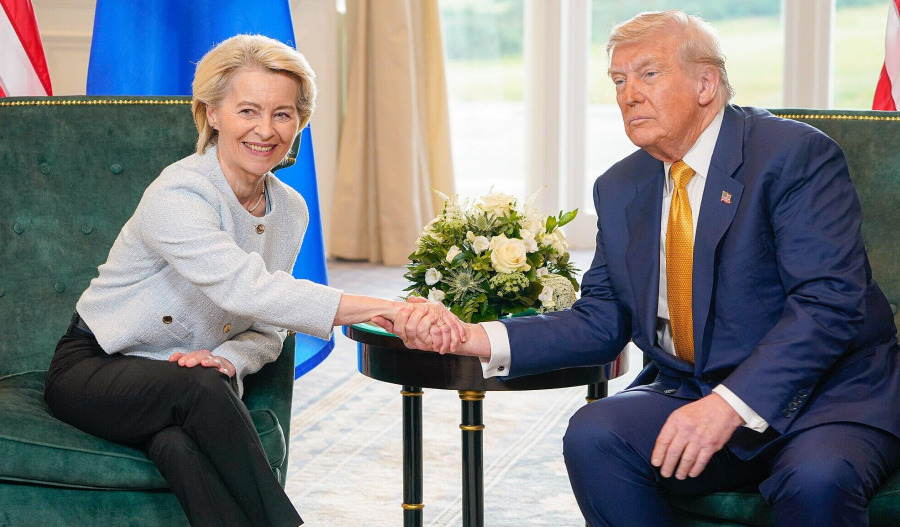The European Union announced Monday it will suspend for six months its planned countermeasures against U.S. tariffs, which were set to kick in Thursday.
This comes after the bloc agreed to that eye-watering €750 billion energy purchase commitment and €600 billion investment pledge as part of July's messy trade framework with Trump.
European stocks initially cheered the news, with Germany's DAX up 0.7% and France's CAC 40 climbing 1.1% - though gains fizzled as investors realised the deal's limitations.
Markets aren't exactly thrilled
The suspension covers €21 billion of U.S. exports that would've faced retaliatory duties ranging from 10% to 25% - think bourbon, Harley-Davidsons, and farm goods.
But don't mistake this for surrender from Brussels.
Bank of America wasn't mincing words when it called the broader EU-U.S. deal "bad for the economy" while grudgingly admitting it "pares tail risks and reduces uncertainty".
The framework still whacks most EU goods with 15% tariffs, including the bloc's massive €155 billion pharmaceutical exports - nearly double what companies paid before Trump's return.
Perhaps more than any other sector, European carmakers are feeling the pinch.
Stellantis, Porsche and Mercedes-Benz jumped over 2% on early trade optimism, but that 15% automotive tariff actually undercuts Detroit manufacturers, which are stuck paying 25% on Mexico-built vehicles.
It's not even a real deal yet
Here's the kicker - July's framework remains "a political agreement, and not legally binding", according to the EU.
Nobody actually knows who's going to cough up that €750 billion for energy investments, since the EU can't exactly force private companies to buy American oil and grain.
French PM François Bayrou didn't hold back, calling the whole arrangement a "submission".
Irish officials were similarly unimpressed, saying the export-heavy country was "not exactly celebrating".
And so Trump's brinkmanship playbook keeps working - even against America's closest allies.
Six months to sort out the mess
Brussels and Washington now have until February next year to hammer out the details of their July handshake.
The pause kicks in Tuesday, shelving €3.9 billion worth of immediate countermeasures. But the EU isn't going soft.
Preparation for serious retaliation continues behind the scenes, including Brussels' "Anti-Coercion Instrument" - the bloc's so-called "trade bazooka".
Economic models suggest EU GDP could drop 0.3 percentage points from current tariff levels - manageable given 1.5% expected growth, but enough to sting export-dependent economies like Germany.
This temporary ceasefire shows how Trump's chaotic trade policy keeps everyone guessing.
With China talks dragging through to August 12 and Switzerland getting whacked with 39% duties, global trade remains in the uncertainty basket.



